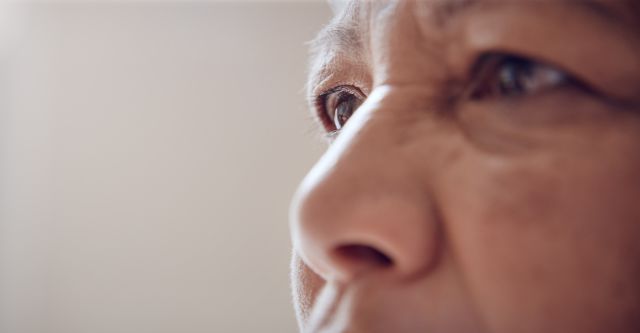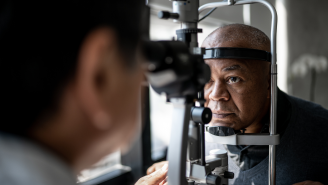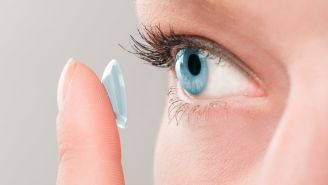Updated on April 12, 2024.
Cataracts is a condition in which protein clumps in the lenses of the eyes cause cloudy or fuzzy vision. More than half of us will have a cataract by the time we’re 80 years old.
The good news: You can clear your vision with a simple outpatient surgery.
Is cataract surgery right for you?
Prescription glasses or contact lenses can help with vision loss caused by a cataract. But your vision may eventually get so bad that it affects your day-to-day life, such as your ability to drive, read, or watch TV.
Many people opt for cataract surgery so that they can remain independent, stay active, or continue to work. For these reasons, researchers have been seeing a significant rise in the number of adults in the United States getting the procedure, and getting it earlier on.
Is cataract surgery safe?
Cataract surgery is one of the most common, safe, and effective operations performed in the U.S. It has a success rate of over 90 percent. Less than 5 percent of people have complications, such as:
- Swelling
- Infection
- Bleeding
- Glaucoma
- Detached retina
People who have another eye disease in addition to the cataract are more likely to have a complication.
The longer you delay cataract surgery, the harder the cataract becomes. This makes the operation more difficult to perform in a safe manner.
How long will recovery take?
Cataract surgery is a fairly simple procedure that takes about 30 minutes. In most cases, only local anesthesia is necessary, and patients can go home on the same day.
After the surgery you can expect some mild discomfort and itching for a couple of days. Eye drops may be given to prevent infection and you might be asked to wear protective eye gear. Your vision will be blurry at first, and then begin to clear up over the next few days. The complete recovery time is about eight weeks.
Can I prevent cataracts?
There is no surefire way to avoid developing cataracts. But there are things you can do to help lower your risk. Here’s how to protect your eyes:
- Seek shade. The sun can contribute to early cataracts. When you're outside, wear a hat with a brim and sunglasses that provide 100 percent UV protection.
- Call it quits. Smoking may damage the lens of the eye. It does this by contributing to the formation of free radicals, which are molecules that can damage cells. High levels of free radicals in the lens of the eye can lead to cataracts.
- Nourish your eyes. Antioxidants are substances that can limit or stop damage caused by free radicals. Leafy greens like spinach and kale contain the antioxidants lutein and zeaxanthin, which are known to boost eye health. Several studies have shown that people who eat the most foods rich in lutein and zeaxanthin are less likely to develop cataracts than those who eat the least.
- Keep diabetes under control. People with diabetes may be at higher risk for developing cataracts.
Finally, don't forget to schedule a visit with an eye care professional. Routine eye exams help detect early signs of cataracts, as well as other eye problems that can affect your vision.







